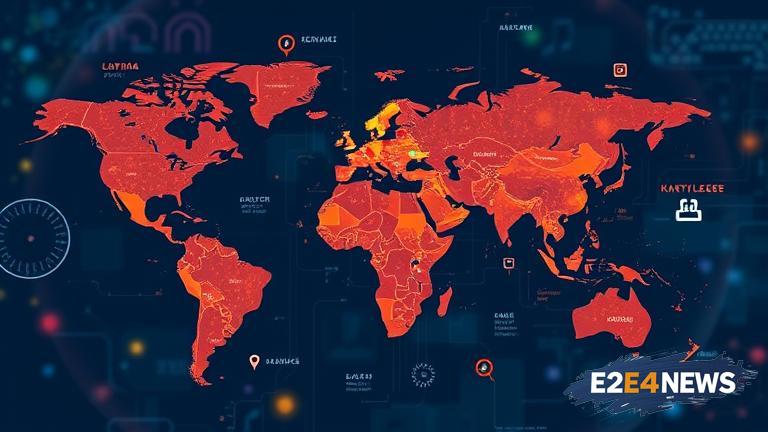The increasing demand for professionals with expertise in artificial intelligence (AI) is transforming the way businesses approach hiring. According to a recent report, a significant number of companies now consider AI knowledge a crucial factor in their recruitment decisions. This shift reflects the growing recognition of AI’s potential to drive innovation, improve efficiency, and enhance competitiveness in various industries. As AI technologies continue to advance and become more integrated into business operations, the need for skilled professionals who can develop, implement, and manage these systems is on the rise. The report highlights that businesses are looking for candidates who can not only understand the technical aspects of AI but also apply this knowledge to solve real-world problems and create value for their organizations. The emphasis on AI knowledge in hiring decisions is not limited to tech companies; firms across sectors, including finance, healthcare, and manufacturing, are seeking professionals with AI expertise. This trend is expected to continue, with the report predicting that the demand for AI-skilled workers will increase significantly in the coming years. The growing importance of AI in business operations is also leading to changes in the way companies train and upskill their existing employees. Many organizations are investing in AI-related training programs to ensure their workforce is equipped to work effectively with AI technologies. The report also notes that the integration of AI in business processes is leading to the creation of new job roles and opportunities, such as AI ethicist, AI trainer, and AI solutions architect. Furthermore, the increasing use of AI in hiring processes themselves is becoming more prevalent, with some companies using AI-powered tools to screen resumes, conduct interviews, and predict candidate success. Despite the benefits of AI in hiring, there are also concerns about bias and fairness in AI-driven decision-making processes. To address these concerns, businesses must ensure that their AI systems are transparent, explainable, and free from bias. The report concludes that the future of work will be heavily influenced by AI, and companies that prioritize AI knowledge in their hiring decisions will be better positioned to succeed in a rapidly changing business landscape. The importance of AI knowledge is not only relevant to businesses but also to individuals looking to advance their careers. Professionals who invest in developing their AI skills will have a competitive edge in the job market. The report’s findings are based on a survey of business leaders and HR professionals from around the world, providing insights into the global trends and attitudes towards AI in hiring. The survey reveals that companies in Asia, particularly in China and India, are at the forefront of adopting AI in their hiring processes. In contrast, companies in Europe and North America are also recognizing the importance of AI knowledge but are proceeding with more caution. The report’s authors suggest that the differences in adoption rates are due to variations in regulatory environments, cultural attitudes towards technology, and the availability of AI talent. Overall, the report provides a comprehensive overview of the growing significance of AI knowledge in hiring decisions and highlights the need for businesses, educators, and individuals to adapt to the changing demands of the workforce. By prioritizing AI knowledge and skills, companies can unlock the full potential of AI and stay ahead of the competition in an increasingly complex and interconnected world. The future of hiring is likely to be shaped by the ongoing evolution of AI technologies, and businesses must be prepared to evolve their strategies accordingly. As the use of AI in hiring continues to grow, it is essential to address the ethical implications and ensure that these technologies are used responsibly. The report’s findings have significant implications for business leaders, policymakers, and educators, highlighting the need for a coordinated effort to develop the AI skills of the future workforce.
